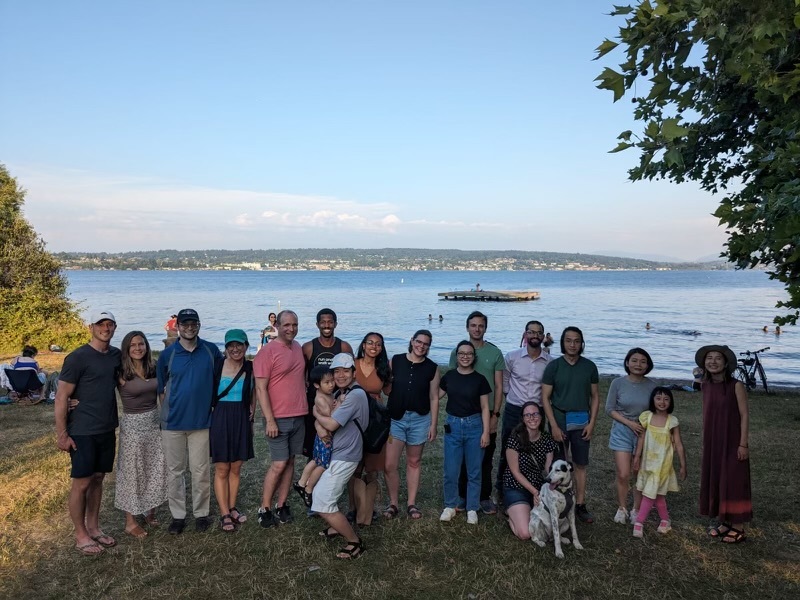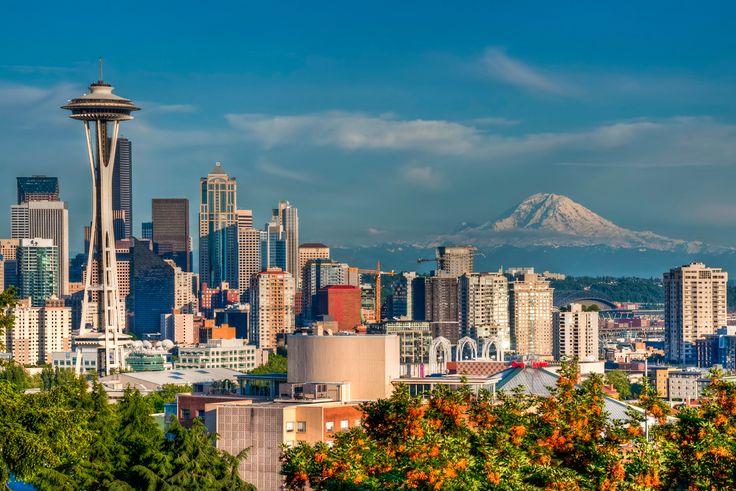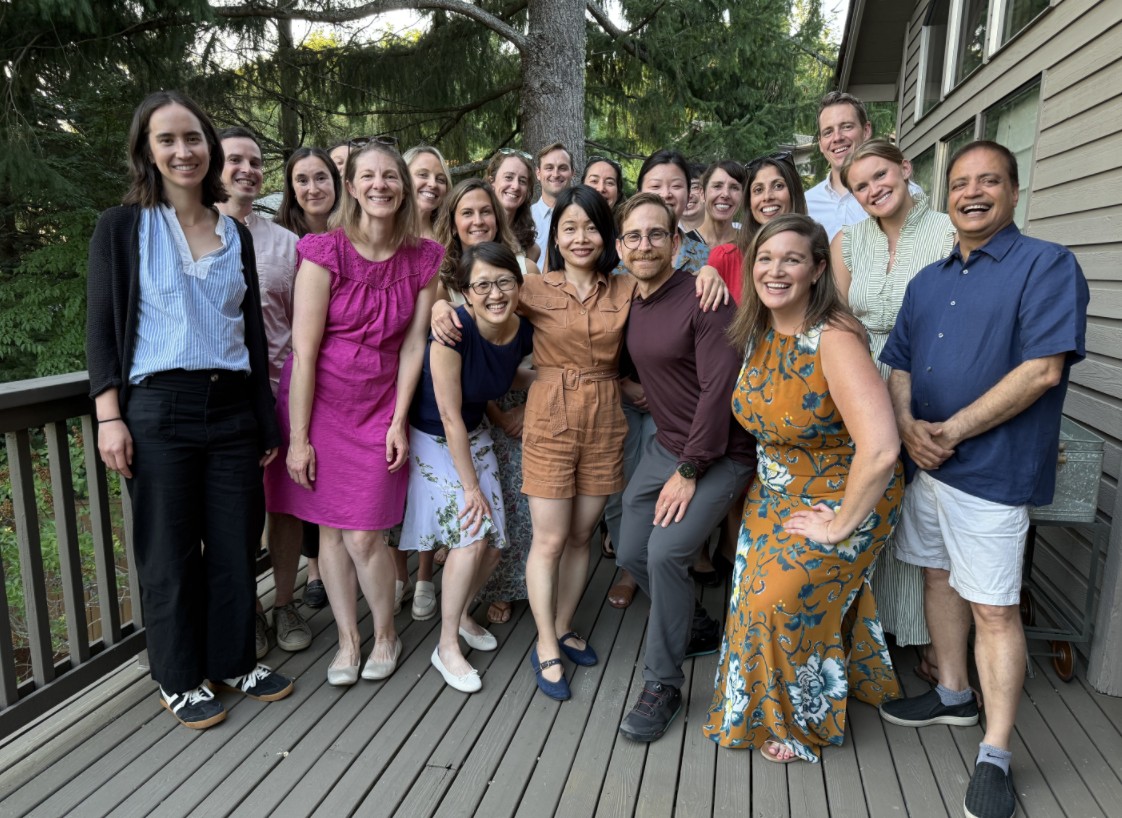Fellowship Program
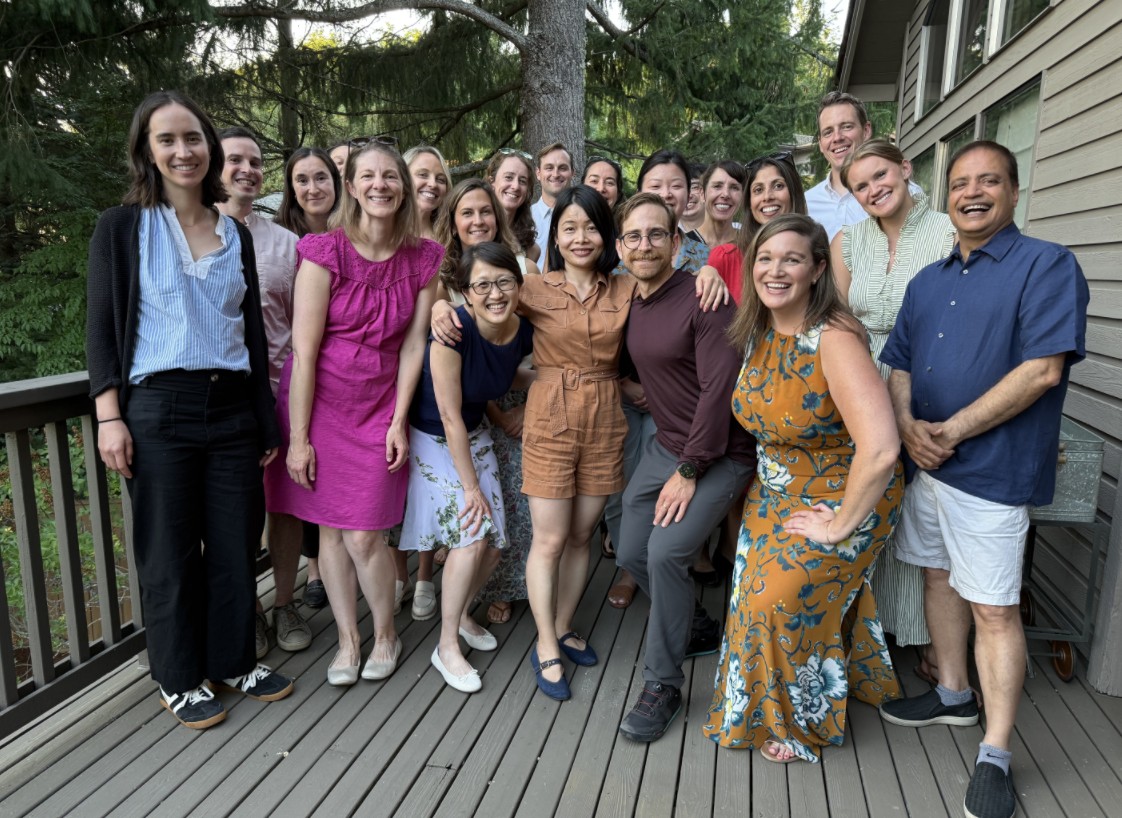
The highly competitive general nephrology fellowship program has been accredited by the ACGME since 1983 and it has trained many of the leaders in the field nationwide. Further, a large proportion of the nephrologists currently practicing in the Pacific Northwest have trained at the University of Washington.
The program recruits 5-6 fellows every year, which includes up to two in the research track. The three clinical sites (Harborview Medical Center, University of Washington Medical Center, and Puget Sound VA) provide our trainees with a diverse population of patients that span the entire spectrum of the specialty, which is further complemented by experience in outpatient dialysis at the Northwest Kidney Centers.
Nephrology Program LEADERShip
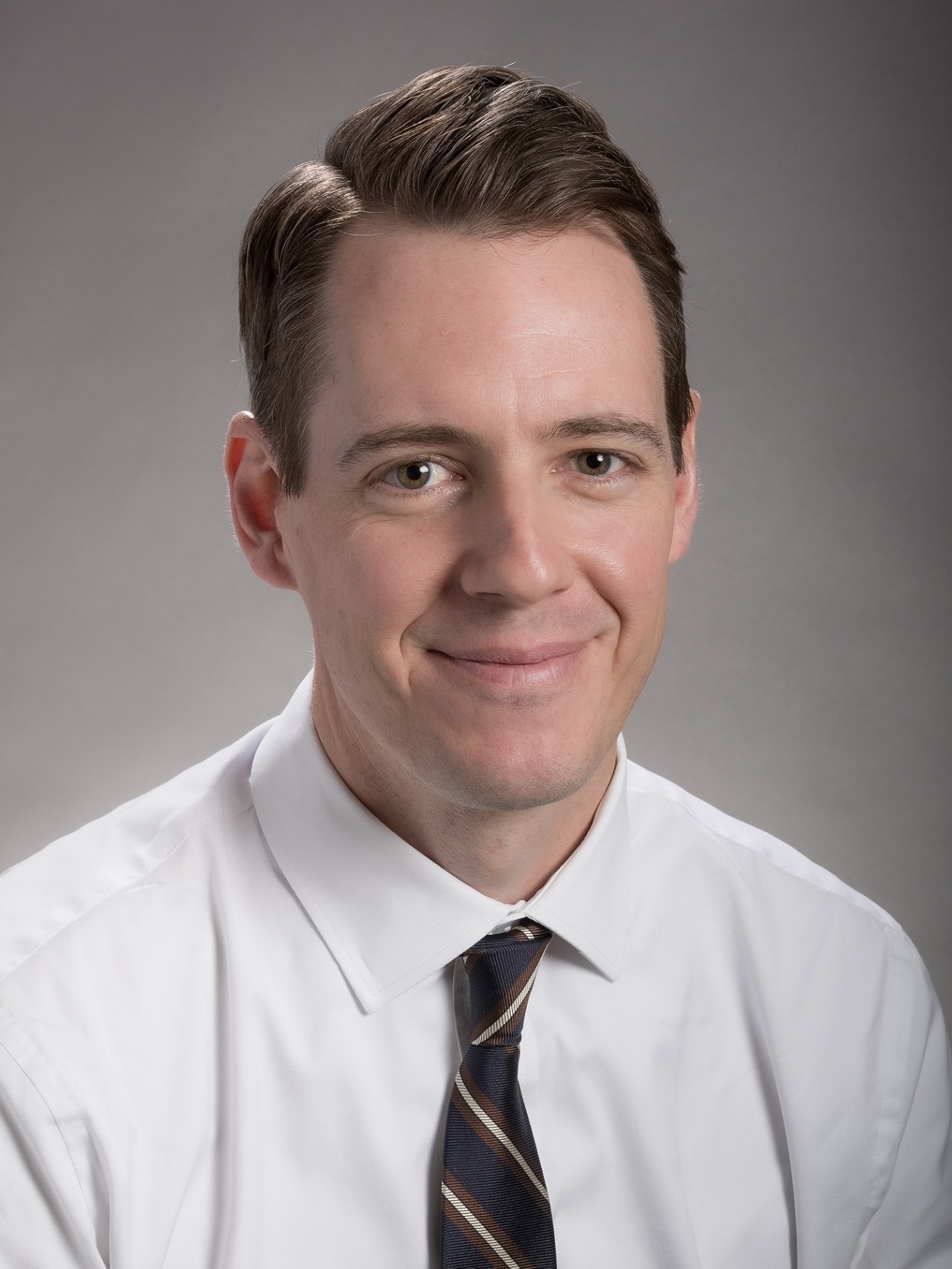
Associate Professor of Clinical Practice
Director, Nephrology Fellowship Program
Medical Director, Dialysis Services, UW Medical Center Montlake

The spotlight title goes here
The spotlight subtitle goes here.
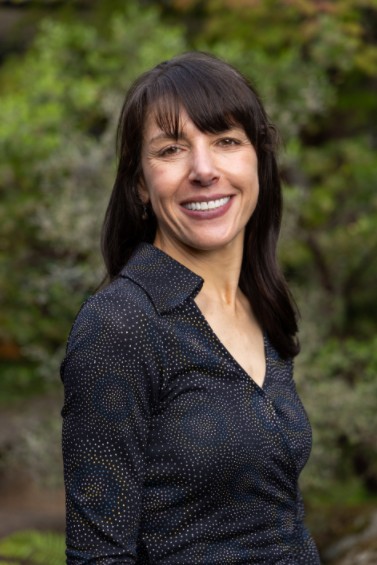
Professor of Clinical Practice
Section Head, UW Medical Center Northwest
Associate Director, Nephrology Fellowship Program
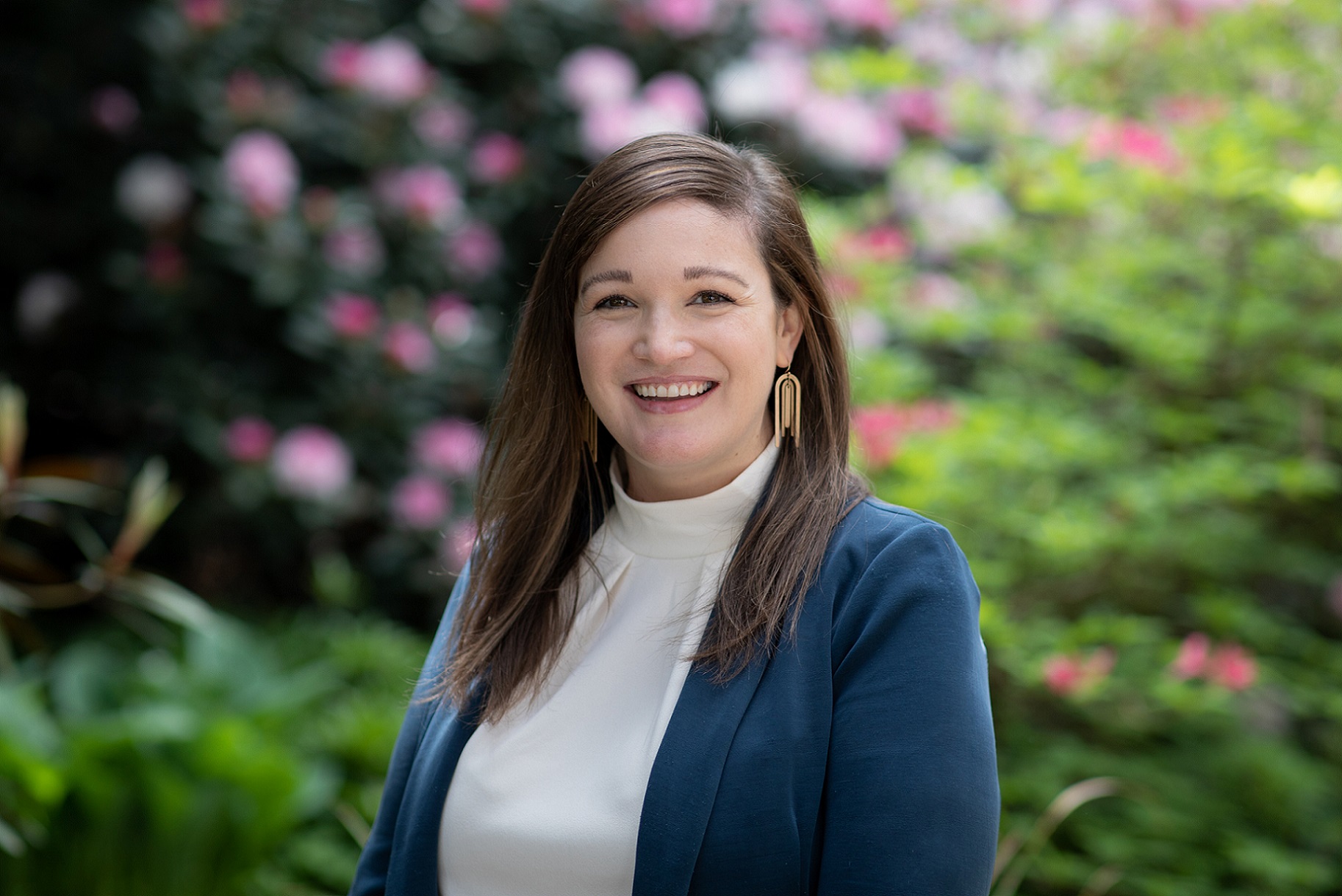
Fellowship & Education Programs Administrator
Email: dlong206@uw.edu
Clinical Training
Clinical training consists of ambulatory clinic experience, didactic seminars, and several rotations spanning the first two years of fellowship at diverse medical centers throughout Seattle.
We provide individualized training in acute and chronic diseases of the kidney through extensive electives and mentored scholarly activity.
Our trainees diversify their training through extensive subspecialty experience, diverse clinic populations, formal didactics and tutorials, and mentored scholarly activities in a variety of areas ranging from glomerular diseases to home dialysis, and innovative dialysis technologies. Since 2022, the fellows elect one of their second-year peers as the Fleet Chief Fellow.
In addition to general nephrology, the division also provides further subspecialty training within the field. We offer a one-year clinical transplant fellowship, accredited by the American Society of Transplantation. The training spans the entire spectrum of the practice of transplant nephrology, inpatient and outpatient kidney care for all solid organ transplants, education, and patient-centered research.
For medical education and educational scholarship opportunities available to trainees (and faculty), check out UW’s CLIME (Center for Learning and Innovation in Medical Education) website, https://clime.washington.edu/
Our training grant provides additional support for clinical, translational, and basic science research fellows to leverage the Division’s expansive research training infrastructure, including:
- Kidney Research Institute
- Center of Dialysis Innovation
- Institute for Stem Cell & Regenerative Medicine
- VA Health Services Research & Development Center
- University of Washington graduate schools
Five-state referral region
Our five-state referral region covers Washington, Wyoming, Alaska, Montana, and Idaho (WWAMI). It ensures broad exposure to telenephrology and provides experience in managing kidney diseases with remote partner sites.
Research Training
Training the future generation of kidney researchers is a central mission of UW Nephrology and the Kidney Research Institute.
Research trainees have access to expansive kidney research infrastructure to lead studies across the spectrum of disease, and to understand disease heterogeneity, models of renal care delivery, epidemiology related to diverse diseases of the kidney, and precise pathways for kidney injury and regeneration. (including acute kidney injury, glomerular disease, chronic kidney disease, and end-stage kidney disease) and methodology (including but not limited to health services, epidemiology, clinical trials, physiological models, and more).
We provide access to clinical trials in dialysis and novel therapeutics, 3D kidney tissue chips and micro physiologic systems, stem cells, models of glomerular injury, repair and regeneration, formal degree programs, and much more.
Training in kidney disease-related research has been supported by an NIH-funded T32 program since 1985. Since 2024, our research trainees are supported by a NIDDK U2C/TL1 award. Research fellows complete at least two years of dedicated research training in clinical, basic, or translational sciences with a guaranteed 75% of protected time.
Many trainees successfully compete for additional funding support to bridge their transition to mentored career development grants (K-grants or equivalent). The program has a strong record of success in training physician-scientists in nephrology and a much higher proportion of trainees succeed in procuring career development grants than nationwide.
Training Tracks
We offer two core training tracks to individualize the nephrology fellowship training:
UW GRADUATE MEDICAL EDUCATION
The University of Washington Office of Graduate Medical Education (GME) oversees and provides support to the residency and clinical fellowship training program, accredited by the Accreditation Council for Graduate Medical Education (ACGME), as well as other post-graduate training programs.
The GME Office is dedicated to providing residents and fellows with the best educational experience possible and a positive work environment.
Fellows have access to a myriad of resources to support the training environment, including the UW Center for Health Equity, Diversity and Inclusion (CEDI); UW Network of Underrepresented Residents and Fellows (NURF); NIH Network of Minority Health Research Investigators (NMRI), UW Q Center and Queer Mentoring Program; and UW Diversity Council.
